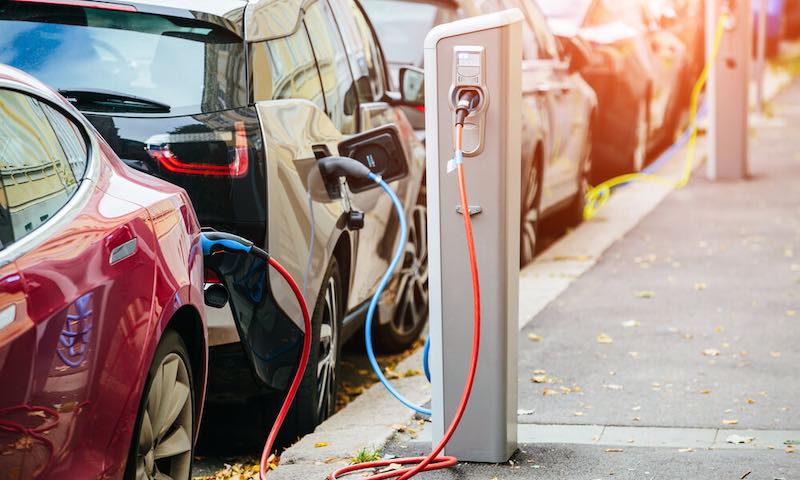Independent Senator Tim Storer has hinted strongly that the
Senate EV Inquiry he is chairing will recommend national targets to encourage
electric vehicle uptake in Australia, along with a number of other incentives.
The inquiry’s report is due to be delivered by December 4
and is currently being finalized. Storer says he is keen to help kick-start the
sector in Australia, which despite great enthusiasm from consumers is yet to
take off because of a lack of available models, high costs and limited
infrastructure.
Storer signaled the targets and initiatives at a speech at
the Australian Electric Vehicle Association’s annual conference in Brisbane on
Friday.
He referenced the New Zealand target of 64,000 EVs by 2021,
supported by government fleet purchases, tax exemptions and some grants, and
the UK Conservative government’s new “road to zero” program that aims of 100
per cent sales of EVs by 2040, and government fleet target of 25 per cent by
2022 and 100 per cent by 2030.
This would be supported by tax incentives, R&D grants
and other initiatives.
Asked afterwards by The Driven where he would like
Australia’s target to land, Storer demurred but said: ” I would hope that a
target is the outcome (of the inquiry), manufacturers have made it clear that
they want it.”
Australia trails the world in the uptake of EVs, with just
0.2 per cent of total sales, even though the CSIRO and the Australian Energy
Market Operator are factoring in a big rush of interest as costs fall. AEMO is
factoring in EVs amounting to 50 per cent of sales within a decade.
The difficulty is to trigger that interest. Storer says a
national target should form part of a national strategy for EVs, and noted that
14 countries had announced that they would phase out the sales of new petrol
and diesel cars.
“A national policy statement is sadly lacking to date,”
Storer said.
He pointed to the need for a strategy to facilitate
co-operation across levels of government, the management of risk, establishing
standards and co-ordination, and suggested this could be implemented via
the COAG transport and infrastructures council.
On charging, he flagged a comprehensive plan for networks,
including in rural and regional areas where there may be less of a business
case, but a strong case for the public good.
He noted calls for building codes to be changed, such as
requiring new apartment buildings to provide charging infrastructure, and for
the creation of a charging standard in Australia.
He suggested targets for federal government fleets –
Queensland and the ACT both have their own targets – and also hinted at
incentives for consumer purchases.
This could include changes to the luxury tax, import duties
and GST treatment, and “behavioral” incentives such as the use of transit
lanes, free charging, and a consumer education campaign.
The inquiry is also looking to refine the policy that
currently limits the importation of second-hand EVs, and talked of the need for
incentives to encourage EV-related industries, including the mining of key
minerals, and the re-gearing of the automotive industry towards EVs.
He also flagged a greater focus on EVs from the Australian
Renewable Energy Agency and the Clean Energy Finance Corporation, which has previously
provided finance to assist in the uptake of low emissions vehicles.
“These are some of the ideas that I hope will come out of
the report,” Storer said. “I hope that it will have concrete
recommendations and a consensus, and help the government get on to the front
foot.


No comments:
Post a Comment